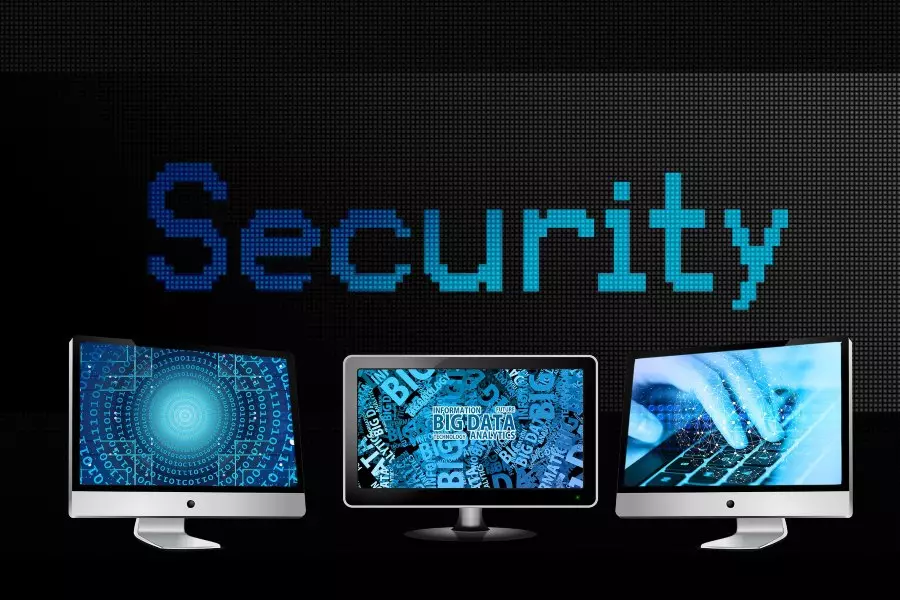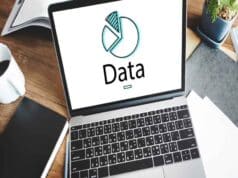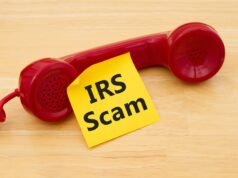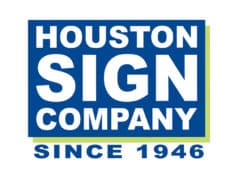
Data privacy is of utmost importance, especially when it is data related to your business. So, how can you protect such data? Let us find out.
#1 Verify Employees And Customers Digitally
By using digital verification to prove the identity of your employees and customers, you can not only prevent identity fraud from taking place within your business but also protect sensitive company data.
Digital verification is a process through which banks, lenders, merchants, and other organizations confirm that a person is who they say they are online. When it comes to customer identity verification for businesses, this technology can help protect companies by verifying transactions and stopping identity fraud. Digital verification methods include biometrics (such as selfies or fingerprint scans), knowledge-based authentication (KBA), government ID verification (passport or driving license), two-factor authentication, and more.
Utilizing artificial intelligence-based verification systems will bring you plenty of benefits here/ These systems use biometrics to secure sensitive data and verify personnel accordingly. You can learn more about how these systems work and where you can utilize them at www.au10tix.com. An AI-based authentication system will be ideal for verifying employees and stakeholders.
#2 Educate Employees
Educate employees on secure data access practices. It is vital to ensure that employees are trained on best practices for accessing sensitive data. In addition to protecting the company and its customers, following good data security practices will protect employees as well.
Employees should be encouraged to use strong passwords that can’t easily be guessed and should never reuse their passwords on different accounts or devices. Additionally, they should be warned against sharing their passwords with others or writing them down where they could be found or stolen. Employees should also know what actions to take if they suspect that a breach has occurred, including reporting it immediately so the proper steps can be taken to rectify the issue before further damage is done.
#3 Set Secure Permissions And Access Levels
- Give all employees access only to the data they need to perform their jobs. For example, sales representatives do not need access to customer credit card numbers.
- Use Role-Based Access Control (RBAC): RBAC is a popular method of managing user privileges in which users only have access to the data and functions required for them to conduct their job duties. A role-based approach allows you to set up tiered access levels so employees can effectively do their jobs without being able to access sensitive data.
#4 Encrypt Sensitive Data
Encryption is a highly effective method of protecting your data from access by anyone who doesn’t have an encryption key. Encrypted data is nearly impossible for hackers to view or use, so you can ensure that your company’s sensitive data remains safe, even if the file falls into the wrong hands.
There are many ways to encrypt your data, but it’s crucial to choose one that works best for your company and employees. If you need assistance determining what type of encryption will work best for you and your business, there are several online resources available with step-by-step guides to walk you through the process.
#5 Back Up Your Data Regularly
Here is why you must back up vital company data.
- Back up your data regularly to recover it after a disaster or in case of ransomware attacks.
- Back up both onsite and offsite to protect against loss of data.
- Ensure that backups are rotated properly, and media is stored securely. Consider using a professional service for backing up critical information.
- Test the backups to ensure that you can recover from them if needed; otherwise, you’ll run the risk of realizing during a crisis that your backup procedures were flawed and you can’t restore from them.
#6 Monitor Data and Employee Access
Data monitoring is another key component of a strong data protection plan. If you’re unsure how your team is accessing sensitive data, it is extremely difficult to evaluate the potential risks and implement appropriate security measures. Determine what types of data are most essential to protect and how they are accessed daily. Then figure out how to monitor that use, including the number of employees accessing certain files, access frequency, and when they may be leaving the company with that information in mind.
Pay close attention to employees who access sensitive files more frequently or who have recently left your company for any reason. Depending on what type of data you’re trying to track and protect, there may also be specific logs you need to pay attention to for this monitoring process to work effectively, for instance, with cloud-based systems like Google Drive or OneDrive.
#7 Secure Your Devices
Laptops, mobile devices, and USBs are useful tools in the modern workplace. However, they also pose different risks to your data; laptops and mobile devices may be stolen or damaged, while USB drives can be easily lost or misplaced. While you’re likely already aware that you should keep your valuables on your person, there are some additional precautions you should take if you’re using public Wi-Fi networks:
- Log out of sensitive accounts when done. If you’re checking work email on a public computer during your lunch break at a coffee shop, for instance, make sure to log out of the account once you’re finished to ensure no one else can access it through that web browser later.
- Disable file sharing and Bluetooth connections before logging onto public wi-fi networks. Both these features could allow other people on the network to access files stored on your laptop with relative ease; turning them off will help prevent this from happening.
These practices will help secure your company data. That way, you can rest assured that it will not fall into the wrong hands, nor will anyone misuse it.








